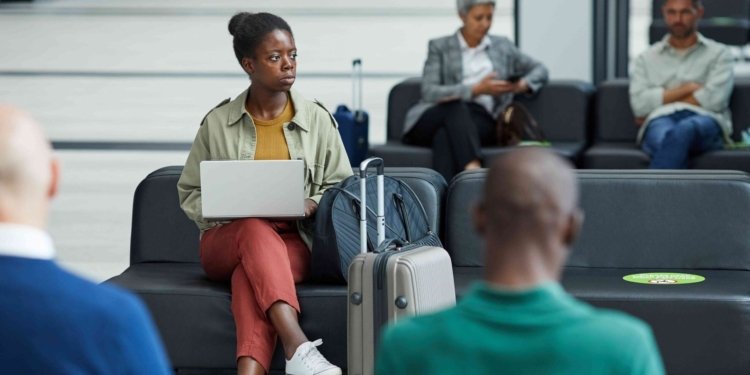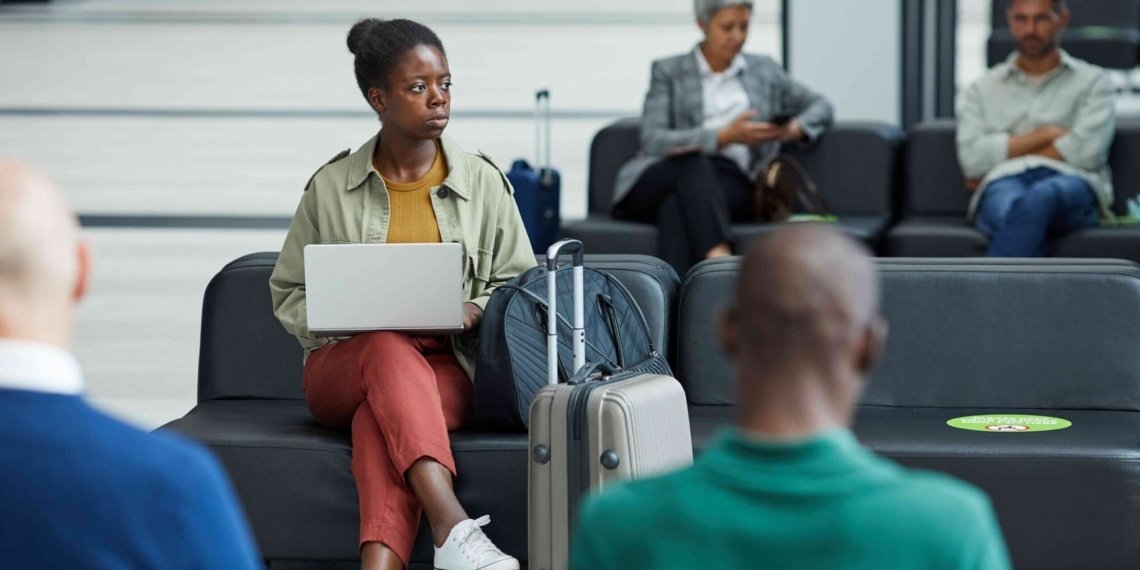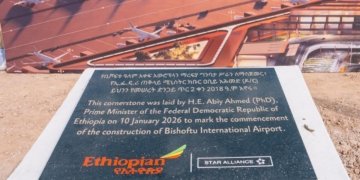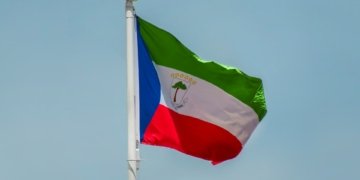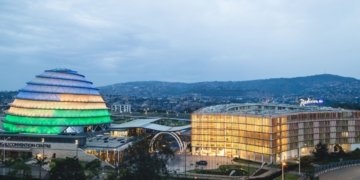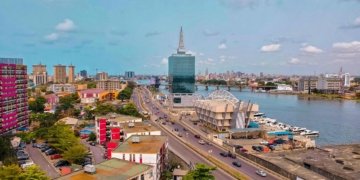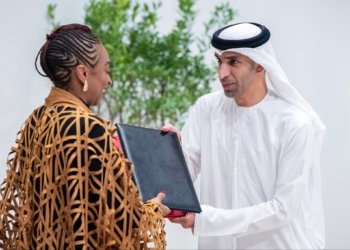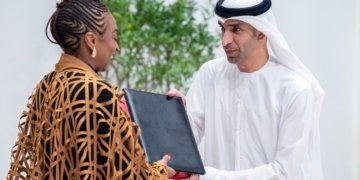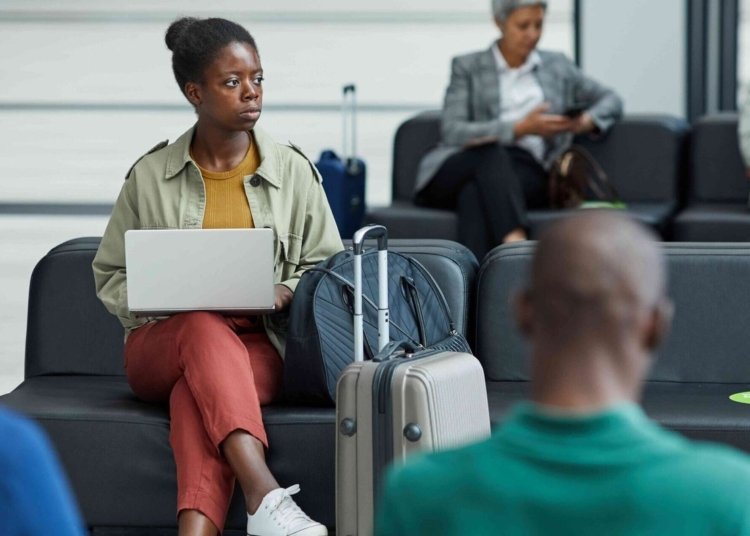In recent weeks, reports have circulated about a possible expansion of US travel restrictions targeting several African countries. While official confirmation remains pending, the conversations have already reignited long-standing concerns about mobility, sovereignty, and Africa’s place in global systems shaped elsewhere.
For many across the continent and in the diaspora, these developments feel familiar through externally imposed barriers justified by opaque criteria, often with broad diplomatic and economic consequences.
The deeper issue extends beyond visa policies to fundamental questions of access and power.
For Africa’s business leaders, policymakers, and citizens, the moment calls for a shift in focus from reacting to foreign policy changes to strengthening internal systems that allow Africans to move, trade, and lead without needing permission from distant capitals.
Africa’s Mobility Paradox
Intra-African travel remains among the most restricted in the world. According to the 2023 Africa Visa Openness Index, 47 percent of African countries still require fellow Africans to obtain visas before entry.
Only four countries, The Gambia, Rwanda, Benin and Seychelles, offer visa-free access to all African citizens.
In comparison, EU citizens enjoy passport-free movement across 27 states. This disparity stifles trade, investment, education, and diplomatic engagement across the continent.
While the African Continental Free Trade Area (AfCFTA) is often praised for its potential, its impact will remain limited without real improvements in cross-border mobility.
The success of any common market depends on the free movement of people, goods, and services.
Delays at borders, excessive visa requirements, and fragmented transport infrastructure all translate into lost opportunity.
The African Development Bank estimates that intra-African trade accounts for just 15 percent of the continent’s total trade, compared to 58 percent in Asia and 67 percent in Europe.
Bureaucratic red tape and logistical inefficiencies contribute significantly to this gap. These challenges demand coordinated solutions rather than rhetorical outrage.
Investing in African Solutions to African Access
The African Union’s Free Movement Protocol, adopted in 2018, offers a framework for enabling Africans to travel, work, and reside across member states.
Only four countries have ratified it thus far: Rwanda, Niger, Mali, and São Tomé and Príncipe.
Progress has been slow, due in part to concerns around security and uneven infrastructure. That makes political will, technical harmonisation, and strategic communication urgent priorities.
More countries are starting to take steps in this direction. Ghana has announced plans to allow visa-free entry for all African passport holders by 2030. Kenya and Rwanda already offer reciprocal visa waivers for many states.
These actions show what becomes possible when national interest aligns with continental ambition.
Strengthening regional corridors such as the Abidjan-Lagos corridor, the Maputo Development Corridor, and the Trans-Saharan Highway could unlock billions in trade.
Physical infrastructure alone proves insufficient. Digital platforms that streamline customs procedures, e-passport systems for Africans, and mutual recognition of professional qualifications can drive down transaction costs and empower professionals across borders.
Shaping Narratives, Building Legitimacy
In times like these, perception becomes part of policy. The way Africa is spoken about in global media, diplomatic circles, and investment boardrooms influences decisions that impact millions.
This makes communication more than messaging, it becomes strategy.Bantu Agency works with institutions and brands to help them position themselves inside Africa’s defining stories.
By combining editorial clarity with strategic content, we help partners amplify their influence across platforms and reach the audiences that matter, from African leaders to international investors.
Whether telling the story of a regional logistics company enabling small businesses to reach new markets, or spotlighting a ministry building smart borders and customs reform, we develop narratives that reflect Africa’s innovation, ambition, and scale.
This approach builds legitimacy and shapes the future.
Moving Beyond Reaction
Africa should avoid waiting for new travel bans or policy reversals to act. The goal must be to reduce dependency on global gatekeepers and invest in continental systems of access.
That means expanding visa-free regimes, upgrading border infrastructure, ratifying AU mobility frameworks, and enabling African businesses to scale across markets without bottlenecks.
The diaspora has a crucial role to play. From investing in logistics and fintech to mentoring across borders and supporting regional advocacy, their engagement proves more vital than ever.
Mobility encompasses freedom, dignity, and agency alongside movement.
As global rules shift, Africa’s long-term strength will depend on how well it can move internally across land, across sectors, and across minds.
And that story continues to unfold.
